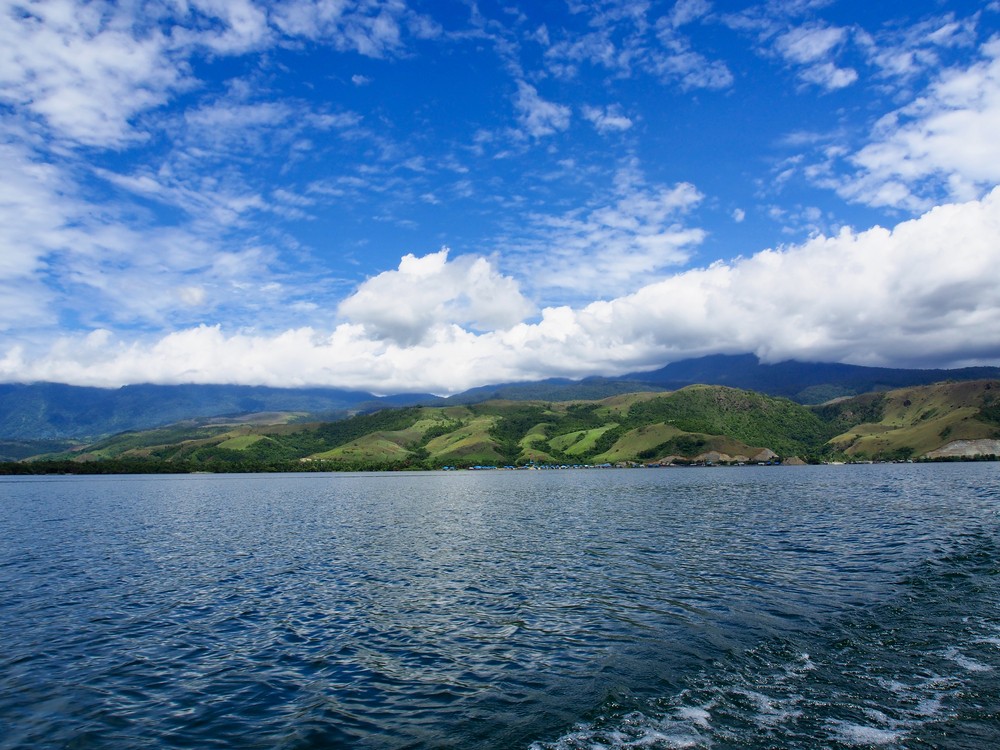Popular Reads
Top Results
Can't find what you're looking for?
View all search resultsPopular Reads
Top Results
Can't find what you're looking for?
View all search resultsPapua New Guinea’s kina currency of choice in border area
Change text size
Gift Premium Articles
to Anyone
P
apua New Guinea’s currency, the kina, is the currency of choice at Skouw Market in Jayapura, located on the Papuan side of the Indonesian-Papua New Guinean border.
The market is open on Tuesdays, Thursdays and Saturdays with transactions worth an average of Rp 2 billion (US$ 143,232) a day.
“Kina transactions might reach an equivalent of Rp 2 [billion] to 3 billion [...],” Joko Supratikno, the head of Bank Indonesia's Papua chapter, said on Thursday.
As a result of the trend, state-owned bank BRI's Papua chapter currently has PGK 110 billion in its foreign reserve.
“We hope that both countries’ central banks can work together [to make it easier] to exchange currencies. But at the moment, we still accept the kina,” BRI Papua chapter head I Wayan Nasta said.
BRI has a money changer at its Skouw Market branch. At the moment, one kina is equivalent to Rp 3,900 to Rp 4,000.
The central bank signed a memorandum of understanding with local institutions to ensure that transactions on the Indonesian side of the border use the rupiah. It also just established a task force to monitor the change.
“The task force can take action if they find buyers or sellers who still use foreign currencies at Skouw Market,” he said, adding that the central bank extended a probationary period to three months, while disseminating regulatory information on the use of the rupiah in all transactions.
The regulation is expected to encourage foreigners to exchange their money to rupiah before conducting transactions at the market and in other parts of the city. To date, Papuan sellers expect to gain more profits from trade and currency exchanges by accepting the kina during transactions. (swd)










